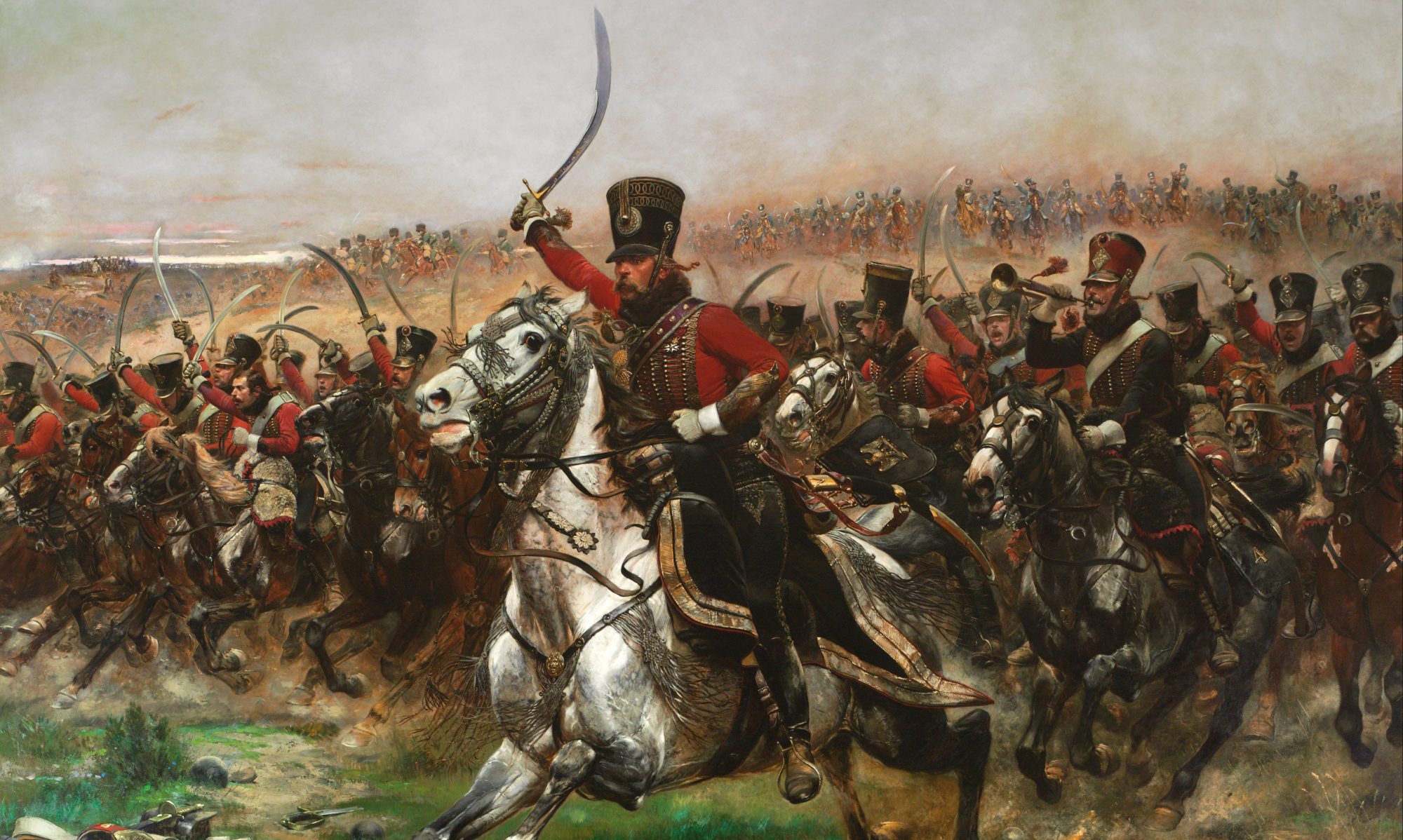
- ISBN: 9781445662701
- Format: Hardback
- Pages: 432
- Published: 15 March 2018
- Images: 40
- https://www.amberley-books.com/richard-the-lionheart.html
I very much enjoyed Bartlett’s book on King Cnut. It was a very incisive work that offered a different view of medieval England. However in starting his new biography of Richard the Lionheart I was set very quickly on my guard.
To begin with Bartlett is a writer attempting to create readable and engaging history, which involves giving snappy, sharp opinion and lively narrative, but in so doing he is faced with the issue of conveying alien concepts that were once seen as normal to a readership over 800 years removed, without the taint of personal opinion.
In the prelude, Bartlett is constantly striving, or advertising, the need to view the life of Richard I in a 12th century context. I will be honest and say that this is becoming an increasingly overused trope, necessary as it is to employ.
It is so easy to publicise a book as different because it apparently looks at things as they were, yet miss the delicate point at the heart of this argument. This has caused an oversaturation of self righteous rhetoric where, ‘we cannot judge the past by our standards’ is also code for ‘you are wrong, I am much better informed.’ It is becoming close to drowning the legitimate point with facile argument.
It however signifies little except to reassure us that the author has this in mind. Nevertheless it also brings with it the vague and unspecified charge of out-of-context study against practically everyone else’s work. A brave inflection when one considers that John Gillingham is still alive. I doubt Bartlett truly means to accuse medieval scholarship of failing to make allowances for dead culture, but the inference is nonetheless there, and if not aimed at other scholars it is certainly aimed at his readership.
With that said it is undoubtedly true that the history of the life of Richard I is a labyrinth of personal prejudice. Proving how practically difficult it is to truly stay aloof from the trap of looking at things from a modern perspective. Bartlett further expounds on the sources, using the once more over-used cynicism that contemporary writers are usually prejudiced.
In itself this begs the question, if in 100 years people are still studying the subject in question, will they not bring modern schoalrship into question for its own possible prejudice, and indeed distance from the subject? That is not to say that, once again, the grain of truth comes from fertile ground. Some medieval chrinichles are humorous in their hagiographic approach, it is nevertheless old news and when you begin to write a book about Richard I, the last thing you want is to give the reader the impression you are rounding the bases.
References to the ‘controversial king’ who ‘divides opinion’ is also dangerously close to stock-phrasing as it does not adequately address who is divided and by which controversy, and if any of the divided people are divided due to a controversy that did not exist in the 12th century then the author has fallen into a dungeon of his own making. Even within the framework of scholarly investigation there are, here and there, anomalies such as the admission of a quote pertaining to the existence of ‘chivalry’, which was apparently in danger of being wiped out before it was even popularised. Indeed any biography of Richard should discuss 12th century chivalry much more than this does.
The author seems painfully aware of his modern audience. On several occasions in the second chapter archly noting, with a sense of righteousness only a 21st century mind can muster, the ‘misogyny’ and ‘gender bias’ of the 12th century. All modern terms to parallel what the author is similarly pleased to call the ‘context of the times’. The book itself is marketed as a Richard ‘for the twenty first century,’ so to say the least, I was in some confusion from the outset.
I further must say that the prose in this work is somewhat laboured when the author tries to paint a picture, as if he is trying too hard. I know from whence I speak, as I too get carried away and am often guilty of over-writing. I was unable to avoid observing that this could easily have been sharper and lighter.
The author’s high ground is best utilised when combatting the criticisms of others levelled against Richard. Many of the things he was and is accused of were part and parcel of the Middle Ages. Bartlett sticks mostly to the conclusions of Gillingham as regards Richard’s personal life, but nevertheless strays to the opposite, more sensational and melodramatic camp in certain small cases. Bartlett asserts that no leonine appellation was appended to Richard within his lifetime, instead he quotes the humorous nickname dreamt up by a troubadour, but for a much less logical reason than that explained by Gillingham.
One detects an almost arbitrary habit of choosing whatever would be the opposite explanation for any event. William Marshal hurried back to England not because he was excited to marry his young, rich, fiancée, but only because he was eager to get at her money, declares the author, filling in the gaps. Richard is the pawn in King Phillip’s Hand, yet it could equally be the other way around. Bartlett’s love of a good, emotional story cannot help but dwell on the aspect of Henry II’s tragic family life.
Bartlett is on much stronger ground when he leaves the subject of Angevin/Capetian politics and focuses on the 3rd Crusade. But the author is no great friend to his subject and the book is full of a marked patronising superiority of a present day writer of ‘our secular age’ to a long dead world.
Despite the claim that Bartlett is viewing Richard’s life within a 12th century context. Layers of 21st century significance are very often overplayed, perhaps at the behest of a sales oriented editor, but which at any rate confuses the issue.
No effort is made to recreate the world in which Richard lived, nor to understand it very well and the narrative is very much uncertain as to his character, and is generally at the mercy of whoever had the most arch opinion at the time, (and sadly, sometimes even these opinions are swallowed without or with forced context).
Rounding up, this book does nothing that Gillingham and other biographies have not done better. In that sense it does no harm, and is engaging and fluid enough, an easy read to be certain, but not without its flaws.
As a basic summary of an important life, this book does yeoman service. It is diverting and easy to get into, but contained one too many niggling annoyances for me to be able to wholeheartedly recommend it.
Until the next Adventure in Historyland, I remain: Josh.

